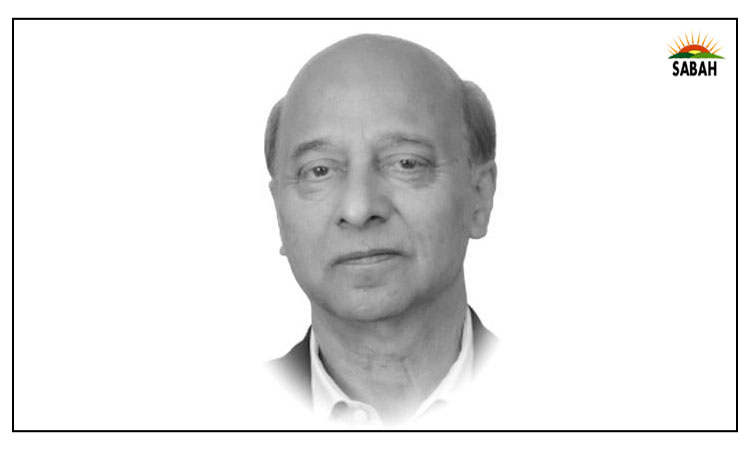Grammar of Afghan wars… Amna Ejaz Rafi
Prussian General Carl Von Clausewitz famously said, “War may have its own grammar but it does not have its own logic.” The situations of 1990s, 2000s and even today speak high of the chaos in Afghanistan. After the Russian withdrawal from Afghanistan, the country was freed from occupational force but did it emerge as a stable entity? In later years, the 9/11 tragedy brought Afghanistan into international limelight and this time it was the US-led coalition that invaded Afghanistan, and the war was undertaken to dismantle al-Qaeda. From the Cold War phenomenon to the war on terror, we see the various dimensions of wars and the logic to wage invasions. In all the situations, the parties or the countries involved looked at Afghanistan from their angle; and once their objectives were met, they preferred to leave the country. Afghanistan was left in lurch. One consistent factor in these wars has been the instability which today’s Afghanistan also faces.
The situation in Afghanistan is not confined to the country, rather it has ramified the entire region; in particular, the extremist tendencies have been reinforced. Tehrik-e-Taliban Pakistan (TTP) is a by-product of the wars fought in Afghanistan. There are around 7,000 to 10,000 TTP fighters in the region.
Pakistan, being a neighbour of Afghanistan, has been a direct victim of the instability. During the 1980s, Pakistan became home to 2.8 million Afghan refugees that burdened the country’s economy. Afterwards, the war on terror led to human and material losses. Recently, in December 2022, a suicide blast in Miran Shah (North Waziristan) and an attack on a Counter Terrorism Department compound in Bannu come up as the handiwork of TTP. TTP militants demand a safe passage to North and South Waziristan. Pakistan cannot remain silent to the aggressive pursuits of TTP. Interior Minister Rana Sanaullah has called upon the Afghan government to take action against the terrorist group. From Pakistan, a delegation of clerics, local elders and traders have visited Afghanistan to negotiate with the TTP leadership. Mohammad Ali Saif, spokesperson for the Khyber-Pakhtunkhwa government, said: “We are carrying a message of peace and friendship to Afghanistan.”
Pakistan’s battle against militancy is not new rather the country had been the frontline state ally in the US-led war on terror. At that time, some regional quarters tried to discredit Pakistan’s counterterrorism efforts. The narrative of equating Kashmiris’ right to self-determination with terrorism was one such attempt. The aim was to isolate Pakistan at the regional front. It needs to be understood that the divergent approach to terrorism has only emboldened the disgruntled elements due to which the entire region is suffering. Terrorist attacks target innocent people. Thereby, the driving force or the concept behind terrorism is to secure humanity. How far has this objective been achieved? Or has the deterrence against terrorism fallen prey to adversarial approaches? Well, the presence of terrorist outfits proves their very existence. The terrorist groups are well-versed when it comes to technology and broadband inter-connectivity. They have a reasonable presence on social media, have channels pumping hate material, and are affiliated with terrorist factions online. TTP’s media channel is ‘Umar Media’.
Terrorism has hit Afghanistan hard. According to the UN estimates, 70% of the country’s population (around 28 million) need humanitarian assistance. Fragile economy and precarious security pose a serious challenge to Afghans. The poor socio-economic indicators also make the country vulnerable to terrorist groups and further chaos. Thus, to defeat the anti-peace elements, the counter strategy should focus on human security. In this context, the narrative of economic security and trans-regionalism need to be projected for the people of Afghanistan and the region at large. It should be promoted that with stability, Afghanistan will be a bridge for Central-South economic link. The trend will set the pace for economic prosperity, and with that the local Afghans will have a better life.
Courtesy The Express Tribune, January 15th, 2023.












